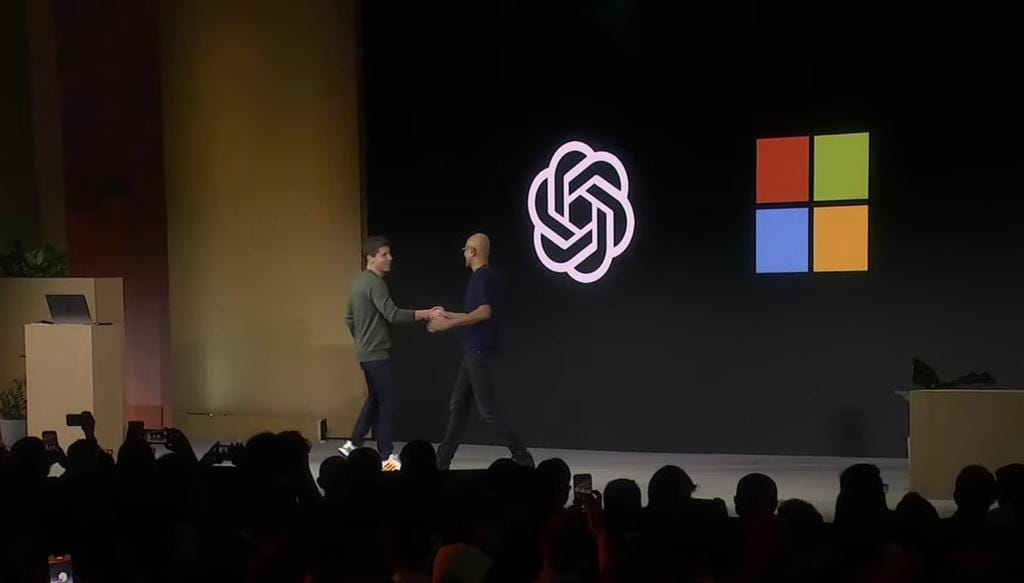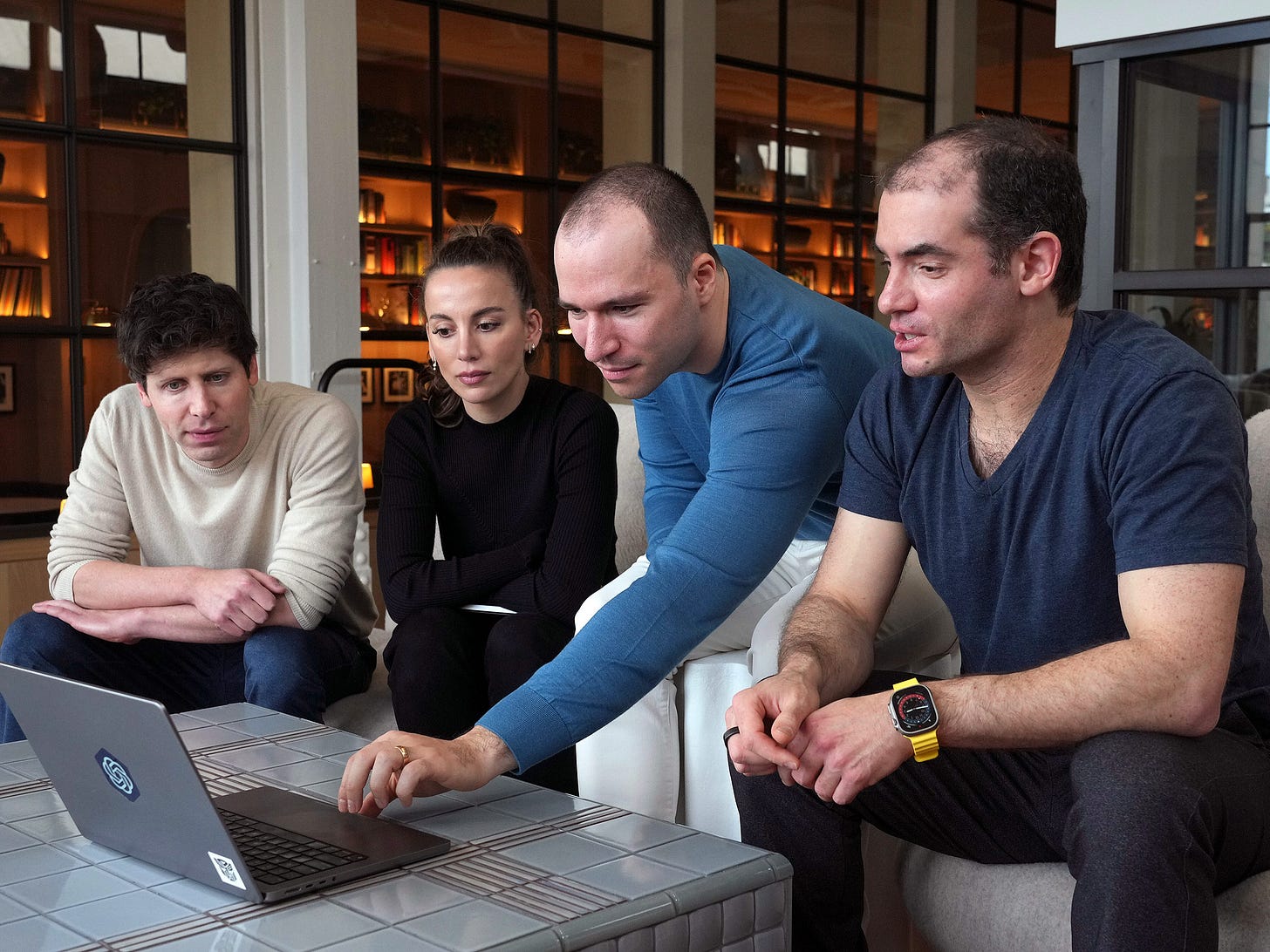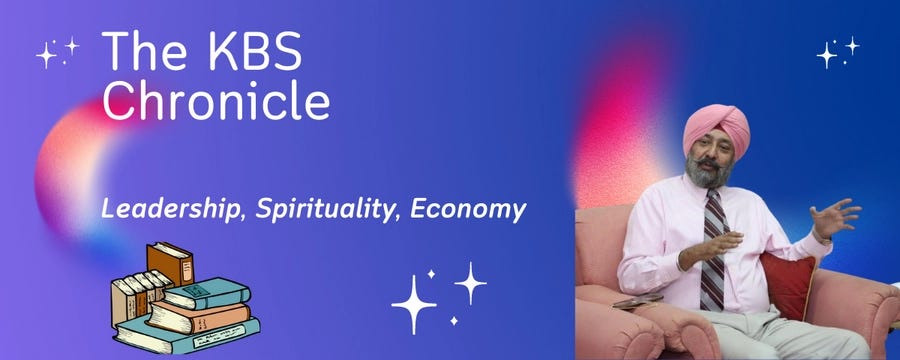OpenAI Offers Microsoft a Non-Voting Board Seat: Isn’t this an Oxymoron?
Creates a potential conflict-of-interest, raising questions about the fiduciary responsibilities of the non-voting member and Microsoft as the nominating company.

Microsoft Granted Non-Voting Board Seat at OpenAI
In a significant update from OpenAI, CEO Sam Altman announced on Wednesday (November 29) that Microsoft has been accorded a non-voting, observer position on the company's Board. This role permits Microsoft's representative to partake in OpenAI's board meetings and access sensitive information, but without the authority to vote on key decisions, including the election or appointment of directors. This move, marking a strategic development, integrates Microsoft as a major investor into OpenAI's boardroom discussions while preserving OpenAI's independent decision-making. This arrangement reflects a sophisticated balance between involving an essential stakeholder and upholding OpenAI's governance autonomy.
Altman Reflects on ChatGPT's First Anniversary
In a touching social media post on Thursday morning (November 30), Sam Altman reminisced about the development of ChatGPT, a flagship project of OpenAI. His tweet, reflecting deep sentiment, read: “a year ago tonight we were probably just sitting around the office putting the finishing touches on chatgpt before the next morning’s launch. what a year it’s been...” This message underscores the rapid and remarkable growth, or rather explosion, in the field of AI. It emphasizes the journey of ChatGPT, which, in its one-year existence, has transformed into a nearly ubiquitous tool. This reflects the revolutionary impact ChatGPT has had on making AI accessible, integrating it into daily life in ways that were hardly conceivable just a year prior.
The Complexity of Microsoft's Non-Voting Board Role
The allocation of a non-voting board position to Microsoft in a not-for-profit organization like OpenAI presents a complex paradox. Despite their significant investment and potential influence in discussions, Microsoft's non-voting status theoretically does not grant them direct decision-making power. However, the mere presence of their representative in board meetings might incline board decisions toward outcomes more beneficial to Microsoft. This situation poses challenging questions about aligning Microsoft's profit-driven objectives with OpenAI's not-for-profit mission, potentially leading to conflicts of interest. Experts are also not unanimous in their opinion about the fiduciary responsibilities of the non-voting board member and, consequently, the responsibilities of the appointing body, Microsoft Inc.
Transparency in OpenAI's Decision-Making: Essential for Integrity
Maintaining its not-for-profit status, OpenAI must adhere to a high standard of transparency in its governance. The organization should openly disclose details of its board meetings, encompassing the agenda, decisions, and especially the contributions or dissent of Microsoft's representative. Such transparency is vital to understand the impact of Microsoft's involvement on OpenAI's strategic and policy decisions.
In line with this, I maintain, "A not-for-profit entity like Open AI, which champions the principle of 'open source', ought to be just as transparent with its board decisions, if not broadcasting the discussions online in real-time." (#KBSoriginal) This approach is critical to ensure clarity in OpenAI's operations, particularly as a leader in open-source AI development. It prevents the emergence of conspiracy theories surrounding controversial or divided decisions. Additionally, it is important for the public to be aware of who advocated for what during these crucial decision-making processes.

Addressing Diversity Issues in OpenAI's Board Structure
The composition of OpenAI's board has been a subject of critique, particularly concerning its diversity—or lack thereof. This situation is emblematic of the broader inclusivity challenges within tech leadership and reflects systemic issues in the technology and AI sectors. Despite the presence of figures like CTO Mira Murati, the board's makeup continues to be exclusively male, mirroring the 'Big-Bro Club' culture often associated with Silicon Valley's high-tech companies.
The reluctance of notable minority AI researchers to join the Board further accentuates this problem. For instance, Timnit Gebru, a well-known AI researcher who parted ways with Google in 2020, has expressed strong reservations about associating with OpenAI. She indicated in an interview with Wired Magazine that returning to Google would be more likely for her than accepting a position on OpenAI’s board, highlighting the magnitude of the diversity challenge the company faces.
Navigating the Future: OpenAI, Microsoft, and the Competitive Landscape
As OpenAI continues its journey of growth and innovation, Microsoft's role, particularly through its non-voting board seat, remains a key element to watch. The dynamics between OpenAI's pursuit of Artificial General Intelligence (AGI) and Microsoft's commercial interests will significantly shape OpenAI's strategic direction. Ensuring a broad spectrum of perspectives and upholding transparency in decision-making will be crucial in managing this intricate relationship.
Looking ahead to 2024, OpenAI is navigating a highly competitive landscape in the AI sector. With giants like Google intensifying their AI research, Meta delving into AI-driven AR/VR technologies, and numerous Chinese companies pushing the boundaries of AI product development, the industry is poised for significant transformation. In this context, Elon Musk's company, xAI, has introduced 'Grok', an AI chatbot, adding to the competitive mix. This environment not only fuels technological progress but also brings to the forefront the need for ethical considerations and diversity in AI development.
For OpenAI, maintaining its leadership in AI innovation, especially in partnership with a powerhouse like Microsoft, involves adeptly addressing these competitive and ethical challenges. It is crucial for OpenAI to sustain its commitment to being a not-for-profit entity and its dedication to 'open source', ensuring a harmonious balance between technological progression and adherence to its core principles. This approach will be key to OpenAI's ability to innovate responsibly and effectively in the rapidly evolving AI arena.





